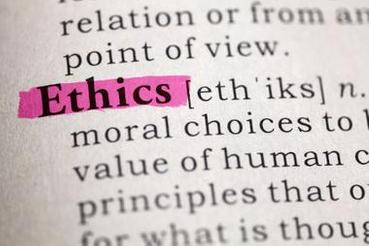Research published today by fundraising think tank Rogare is contesting the idea that charities should refuse donations from sources whose values conflict with their own.
The paper, developed in partnership with the Chartered Institute of Fundraising (CIoF), argues that prioritising “values alignment” may not be the most consistent or ethical way for fundraisers to make donation decisions.
It suggests that focusing on the potential harm to the charity caused by accepting a donation may offer a more reliable ethical framework than evaluating the donor’s values.
The paper examines the various reasons charities may refuse a donation, including potential harm to its reputation or operations, or moral objections to the donor's background.
It also tackles broader issues such as the ethics of returning donations, the role of fundraisers’ personal moral convictions, and how global issues – such as the climate emergency – should shape donation policies.
‘We are asking whether values are really needed in most cases’
Rogare said its research aims to equip fundraisers with a more robust, evidence-based approach to accepting or refusing donations, fostering greater consistency and ethical clarity in the sector.
Ian MacQuillin, Rogare’s director, said: “If a donor/donation is so out of line with a charity’s values, then it is almost certain to result in some kind of harm, such as other donors stopping their giving, or beneficiaries being deterred from seeking help.
“A hypothetical example we use in the new paper is the case of a faith-based charity that is offered a donation from someone associated with sex work.
“Even though it probably feels totally counter-intuitive not to make the decision based on alignment with the charity’s values, we contend they could make the same decision based on harm.
“And that would go for most ethical decision-making in most cases of tainted money.
“We’re not saying values don’t or ought not to play a role in the ethics of gift refusal. But we are asking whether they are really needed in most cases.”
‘No single solution’ for ethical dilemmas posed by donations
Claire Stanley, director of policy and communications at CIoF, said: “There is no single solution to the challenges around deciding to refuse a donation, and every organisation needs to develop their own approach that will enable them to fulfil their charitable objectives.
“Through our partnership with Rogare, we aim to go one step further and explore the ethical schools of thought that can guide decision-making.
"Although guidance and policies are incredibly helpful to ensure that charities make consistent decisions and do not inadvertently breach regulations, they cannot account for every scenario or explain why people can have differing opinions on what is the right course of action.”
Related articles











